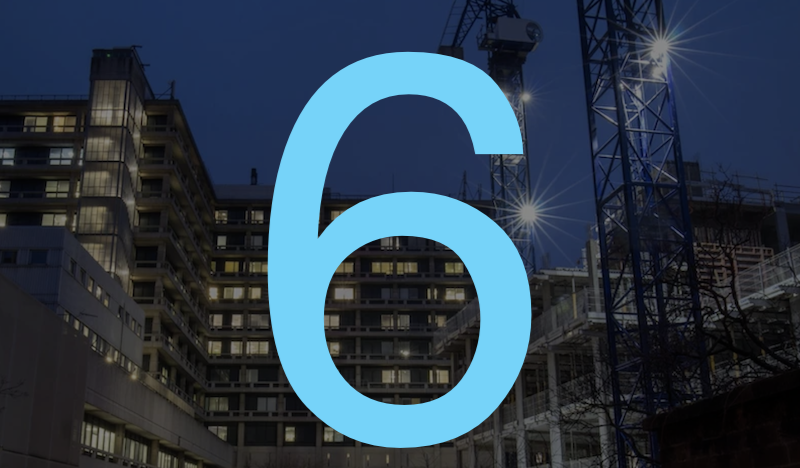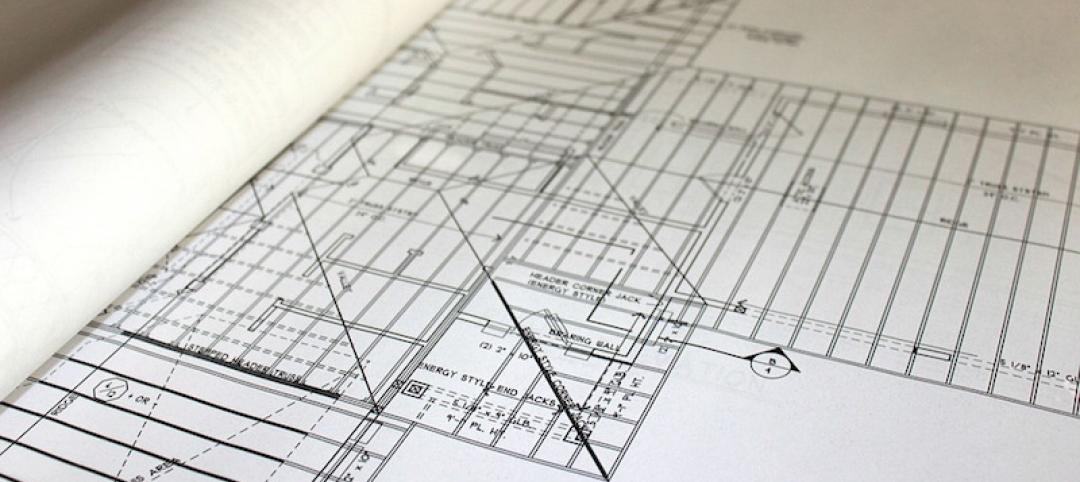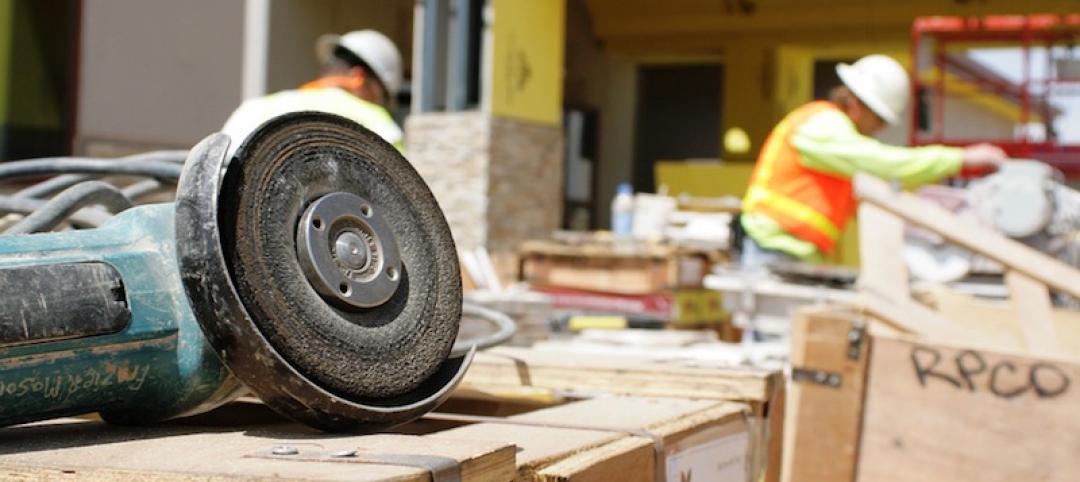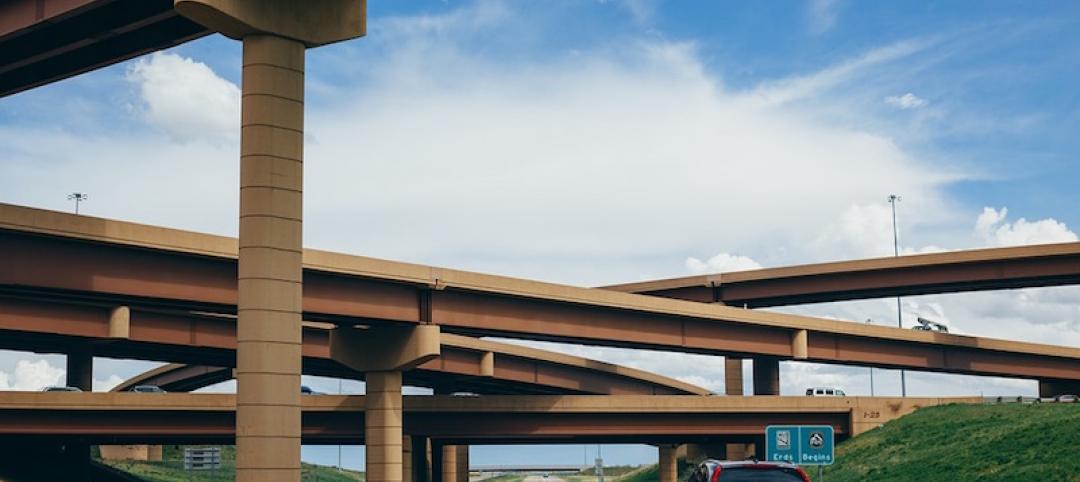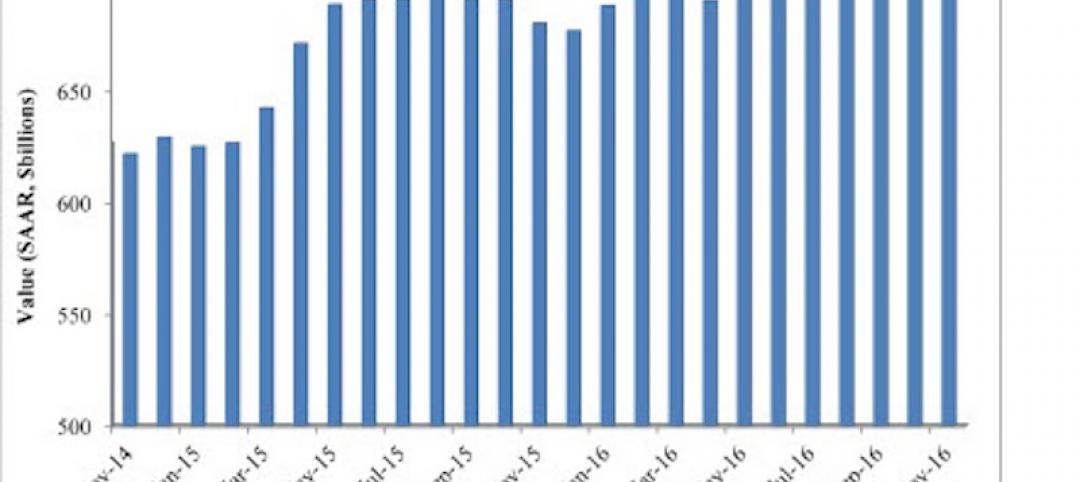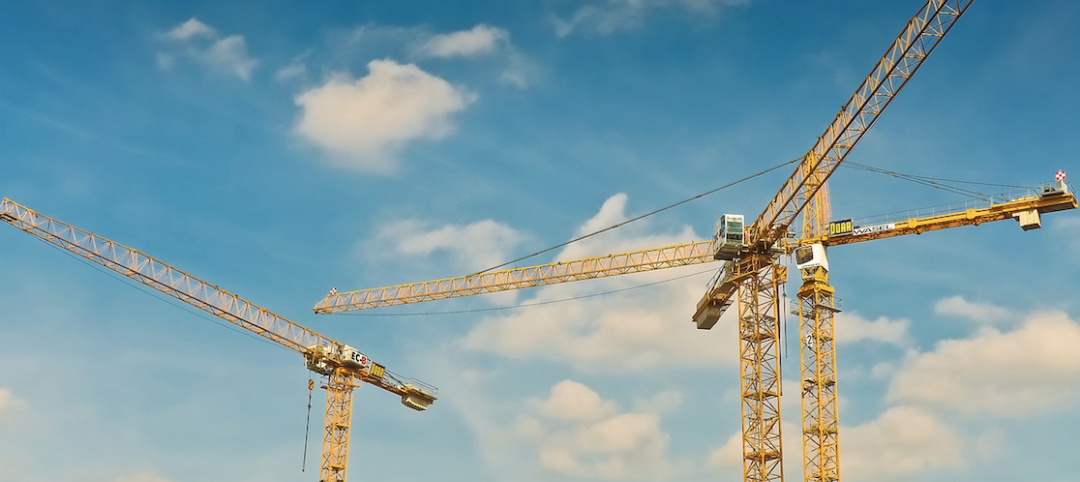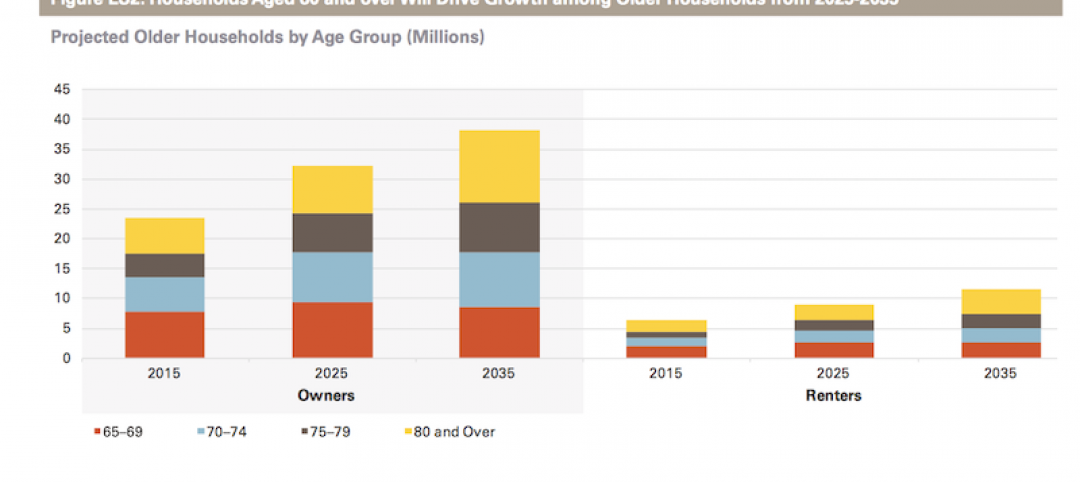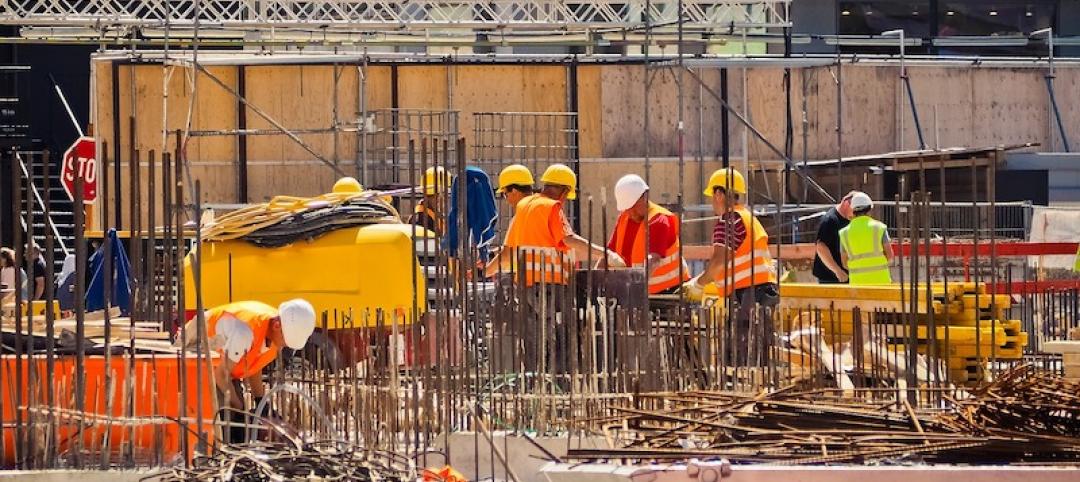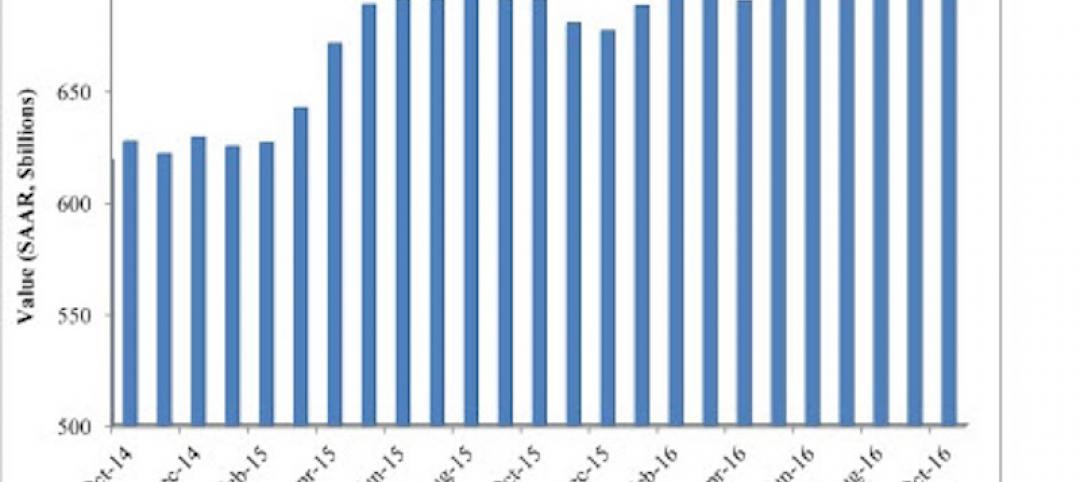1. Nonres construction industry won’t start growing again until next year’s third quarter (BD+C)
"This report includes a section that specifically evaluates the impact of the pandemic on construction. JLL found that 93% of ongoing construction work had been in jurisdictions with stay-at-home orders that covered most of the U.S. population and jobsites."
2. July architectural billings remained stalled (AIA)
"The pace of decline during July remained at about the same level as in June with both months posting an ABI score of 40.0 (any score below 50 indicates a decline in firm billings). While firms reported a modest decline for inquiries into new projects—slipping from 49.3 in June to 49.1 in July— newly signed design contracts declined more critically, falling from a June level of 44.0 to 41.7 in July."
3. Florida becomes the third state to adopt concrete repair code (BD+C)
"ACI 562-19 Code Requirements for the Assessment, Repair and Rehabilitation of Existing Concrete Structures will be effective Dec. 31, 2020, when the seventh edition of the Florida Building Code becomes law."
4. Starting a design firm (LOA podcast)
"In today’s episode, we are talking about starting your own design firm—something that I think every architect walking the planet has thought about at various times throughout their career."
5. Demand for hotels is flattening as hotel owners burn through millions in cash reserves (Bisnow)
"Major U.S. hotel companies lost hundreds of millions of dollars in the spring as they gradually reopened hotels this summer to low demand, and their leaders expect there could be a long road back to profitability."
6. New York’s true nursing home death toll cloaked in secrecy (Associated Press)
“New York’s coronavirus death toll in nursing homes, already among the highest in the nation, could actually be a significant undercount. Unlike every other state with major outbreaks, New York only counts residents who died on nursing home property and not those who were transported to hospitals and died there.”
Related Stories
High-rise Construction | Jan 23, 2017
Growth spurt: A record-breaking 128 buildings of 200 meters or taller were completed in 2016
This marks the third consecutive record-breaking year for building completions over 200 meters.
Market Data | Jan 18, 2017
Fraud and risk incidents on the rise for construction, engineering, and infrastructure businesses
Seven of the 10 executives in the sector surveyed in the report said their company fell victim to fraud in the past year.
Market Data | Jan 18, 2017
Architecture Billings Index ends year on positive note
Architecture firms close 2016 with the strongest performance of the year.
Market Data | Jan 12, 2017
73% of construction firms plan to expand their payrolls in 2017
However, many firms remain worried about the availability of qualified workers.
Market Data | Jan 9, 2017
Trump market impact prompts surge in optimism for U.S. engineering firm leaders
The boost in firm leader optimism extends across almost the entire engineering marketplace.
Market Data | Jan 5, 2017
Nonresidential spending thrives in strong November spending report
Many construction firms have reported that they remain busy but have become concerned that work could dry up in certain markets in 2017 or 2018, says Anirban Basu, ABC Chief Economist.
Market Data | Dec 21, 2016
Architecture Billings Index up slightly in November
New design contracts also return to positive levels, signifying future growth in construction activity.
Market Data | Dec 21, 2016
Will housing adjust to an aging population?
New Joint Center report projects 66% increase in senior heads of households by 2035.
Market Data | Dec 13, 2016
ABC predicts modest growth for 2017 nonresidential construction sector; warns of vulnerability for contractor
“The U.S. economy continues to expand amid a weak global economy and, despite risks to the construction industry, nonresidential spending should expand 3.5 percent in 2017,” says ABC Chief Economist Anirban Basu.
Market Data | Dec 2, 2016
Nonresidential construction spending gains momentum
Nonresidential spending is now 2.6 percent higher than at the same time one year ago.


